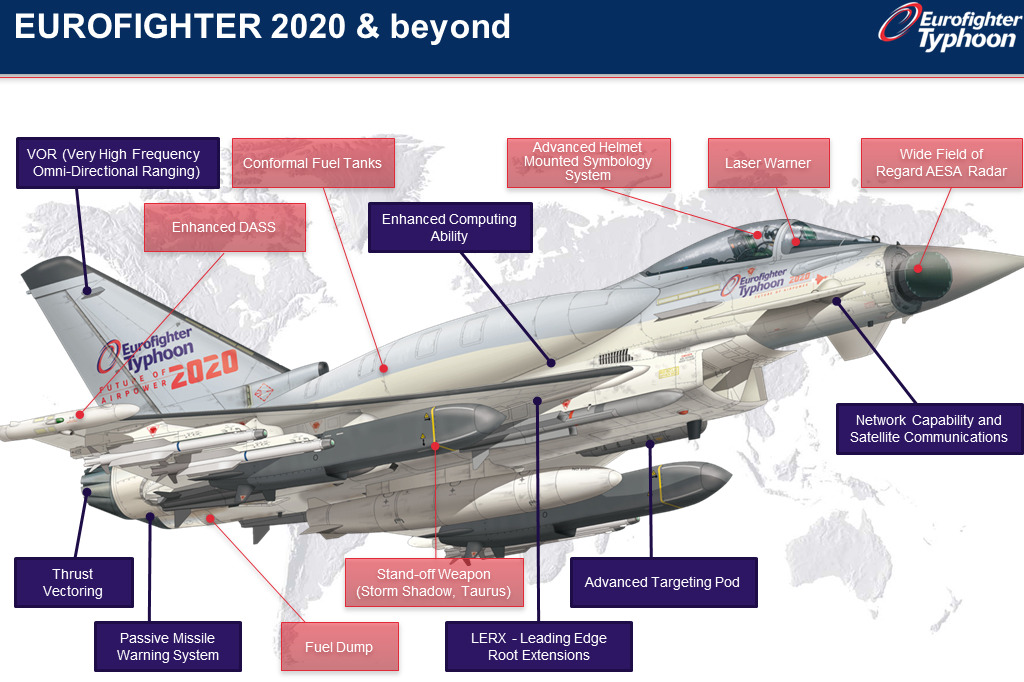اصدرت مؤسسة Business Monitor International تقريرا بعنوان " تقرير الامن والدفاع لمصر في الربع الاول من عام 2014 "
واليكم وصف مختصر للتقرير الذي يعرض للبيع في نفس المصدر
Historically, Egypt has been highly reliant on military aid, with the United States being the largest provider. This has given Egypt access to state-of-the-art weaponry from that country, enabling it to maintain technologically sophisticated armed forces. However, the coup against Morsi's government has caused the United States to place any further military aid on hold for the time being as of the time of writing (early December 2013). This decision has translated into freeze on exports of combat aircraft, helicopter, main battle tanks and anti-ship missiles for the time being. Annually, Egypt receives around US$3bn of military aid from the United States.
Perhaps not coincidentally, Egypt is the process of concluding a major arms import deal from Russia which will see Moscow supplying Su-25 and T-50 PAK FA combat aircraft, along with MiG-35 and MiG-27 fast jets as part of the largest overhaul of the Egyptian air force in recent years. Discussions are also said to be ongoing regarding the Russian supply of special forces equipment, communications and radars.
In November 2013, it was reported that Egypt had concluded a major arms export deal with Rosoboronexport, Russia's state defence exporter. The deal, which has been shrouded in secrecy, focuses on the supply of Sukhoi Su-25 and T-50 PAK FA multirole combat aircraft, plus MiG-35 and MiG-27 air superiority fighters. In addition, the country could receive communications equipment, radar and reconnaissance systems. The potential supply of Russian equipment is widely being seen as a riposte to the suspension of the supply of military aid by the United States.
At the internal level, as of November 2013, concerns are growing regarding the human-rights record of the military and law enforcement organisations. Reports of torture and ill-treatment of detainees are now rife. Since June 2013, up to 2,000 protestors, most of who are from the Muslim Brotherhood are thought to have lost their lives in the ensuing security ****down.
Israel has been highly critical of the US decision to place exports of materiel to the Egyptian military on hold following the coup. Israel sees Egyptian military action as an essential element in frustrating the activities of Hamas in the Gaza Strip. For example, in September 2013, the Egyptian military successfully seized significant weapons caches in the Sinai which were destined for use by the Islamic Jihad Palestinian insurgent organisation in Gaza. The removal of the Muslim Brotherhood regime has been broadly welcomed in Israel. The trend in Israel has been to support a military-backed secular government rather than the democratically elected Muslim Brotherhood.
Egypt has performed the following significant defence procurement during Q413:
Perhaps not coincidentally, Egypt is the process of concluding a major arms import deal from Russia which will see Moscow supplying Su-25 and T-50 PAK FA combat aircraft, along with MiG-35 and MiG-27 fast jets as part of the largest overhaul of the Egyptian air force in recent years. Discussions are also said to be ongoing regarding the Russian supply of special forces equipment, communications and radars.
In November 2013, it was reported that Egypt had concluded a major arms export deal with Rosoboronexport, Russia's state defence exporter. The deal, which has been shrouded in secrecy, focuses on the supply of Sukhoi Su-25 and T-50 PAK FA multirole combat aircraft, plus MiG-35 and MiG-27 air superiority fighters. In addition, the country could receive communications equipment, radar and reconnaissance systems. The potential supply of Russian equipment is widely being seen as a riposte to the suspension of the supply of military aid by the United States.
At the internal level, as of November 2013, concerns are growing regarding the human-rights record of the military and law enforcement organisations. Reports of torture and ill-treatment of detainees are now rife. Since June 2013, up to 2,000 protestors, most of who are from the Muslim Brotherhood are thought to have lost their lives in the ensuing security ****down.
Israel has been highly critical of the US decision to place exports of materiel to the Egyptian military on hold following the coup. Israel sees Egyptian military action as an essential element in frustrating the activities of Hamas in the Gaza Strip. For example, in September 2013, the Egyptian military successfully seized significant weapons caches in the Sinai which were destined for use by the Islamic Jihad Palestinian insurgent organisation in Gaza. The removal of the Muslim Brotherhood regime has been broadly welcomed in Israel. The trend in Israel has been to support a military-backed secular government rather than the democratically elected Muslim Brotherhood.
Egypt has performed the following significant defence procurement during Q413:
- Despite the suspension of most defence exports from the United States, the country has sanctioned the export of four missile craft to the Egyptian navy which occurred in November 2013.
سيتم ترجمة الجزء الملون بالاحمر للاهميه
مصر في خضم محادثات مع روسيا لعقد صفقه مهمه لشراء اسلحه ستضم سو-25 وميغ-27 وميغ-35 والباك فا
والمفاوضات شملت الرغبه في شراء تجهيزات للقوات الخاصه المصريه
وفي نوفمبر 2013 عقدت مصر صفقه كبيره لشراء السلاح من روسبورن اكسبورت الروسيه وذكرت تقارير ان الصفقه ستشمل السو-25 والميغ-27 والميغ-35 والباك فا
كما قد تستلم مصر اجهزة اتصالات ورادارت واجهزة استطلاع
مصدر اخر
منقول
منقول





تعليق